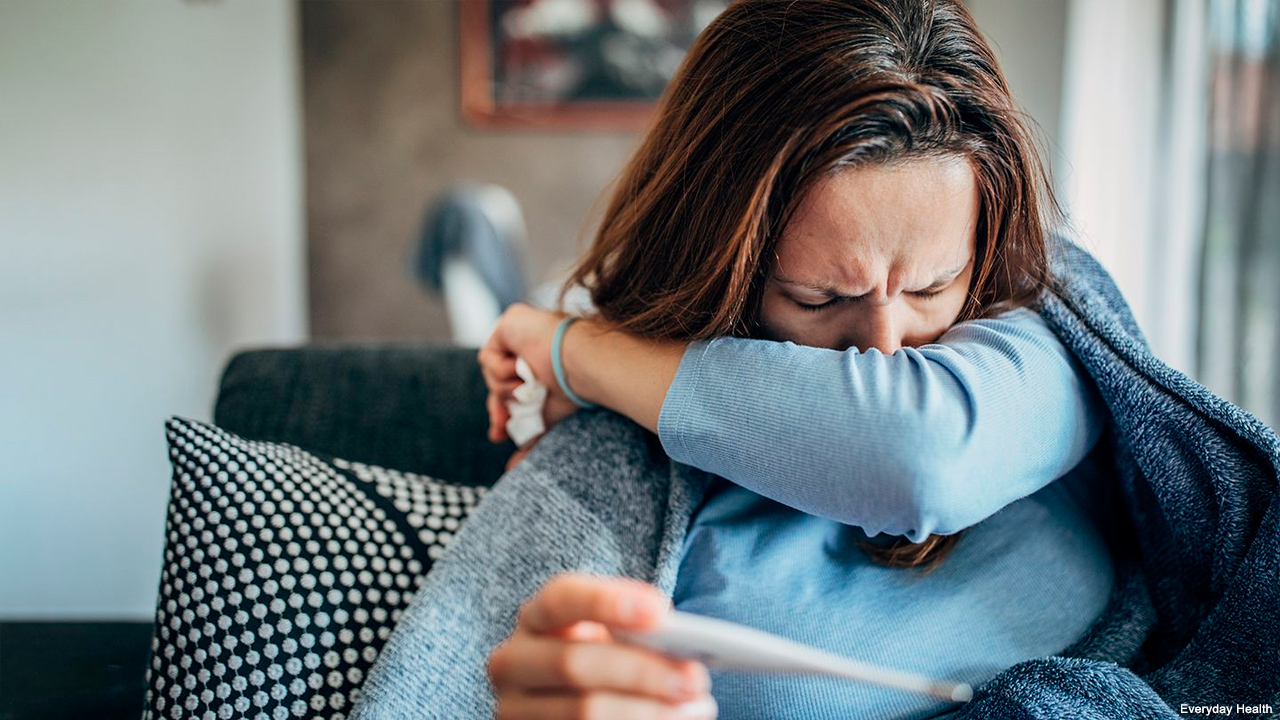Pneumonia is an infection that inflames the air sacs in one or both lungs. The air sacs may fill with fluid or pus (purulent material), which can lead to a cough that produces pus or phlegm, a fever, chills, and breathing difficulties. Pneumonia can be caused by a wide range of organisms, including bacteria, viruses, and fungi.
Both viral and bacterial pneumonia are contagious. This means they can spread from person to person, when airborne droplets from a cough or sneeze are inhaled.
Causes
Bacterial pneumonia - The most common cause of bacterial pneumonia is Streptococcus pneumonia. This can occur on its own or after you've had cold or the flu. Other bacterial causes are Mycoplasma pneumonia, Haemophilus influenza, Legionella pneumophila.
Fungi - Most frequently, this type of pneumonia affects persons who have ongoing medical issues or have weaker immune systems. The fungi that cause the pneumonia can be found in soil or bird droppings and vary depending upon geographic location.
Viruses - Some viruses that cause the flu and colds can also cause pneumonia. Coronavirus 2019 (COVID-19) may also cause pneumonia.
Hospital-acquired pneumonia (HAP) - some people might catch this type of pneumonia during hospital stays. HAP can be more serious than other types.
Community-acquired pneumonia - This refers to pneumonia that’s acquired outside of a medical or institutional setting.
Ventilator-associated pneumonia - People using ventilator are more prone to this type of disease.
Symptoms:
The symptoms may vary from mild to severe depending on the factors such as age, germ that causes infection and overall health.
Signs and symptoms of pneumonia:
-
Cough, which may produce phlegm
-
Fever, sweating and shaking chills
-
Nausea, vomiting or diarrhea
-
Shortness of breath
-
Chest pain when you breathe or cough
Risk Factors:
Pneumonia can range in seriousness from mild to life-threatening. These are some risk factors:
- Children and infants
- People aged 65 or older.
- People with weak immune system
- People with chronic diseases (like asthma, COPD, or heart disease)
- Smoking
Prevention:
These are some ways to prevent pneumonia:
Get vaccinated - Vaccines are available for some types of pneumonia. Consult with your doctor about these shots and take it accordingly.
Get your children vaccinated - There are different vaccines for children. So make sure to get your child vaccinated to keep them safe from this disease.
Practice good hygiene - Washing hands or using alcohol-based hand sanitizer or wearing masks are some good ways of practicing hygiene.

 Pneumonia is a respiratory disease, which can lead to serious complications. Let's learn more about it.
Pneumonia is a respiratory disease, which can lead to serious complications. Let's learn more about it.









.jpeg)



.jpeg)
.jpeg)

.jpeg)


.jpeg)



.jpeg)
.jpeg)
.jpeg)


.jpg)

